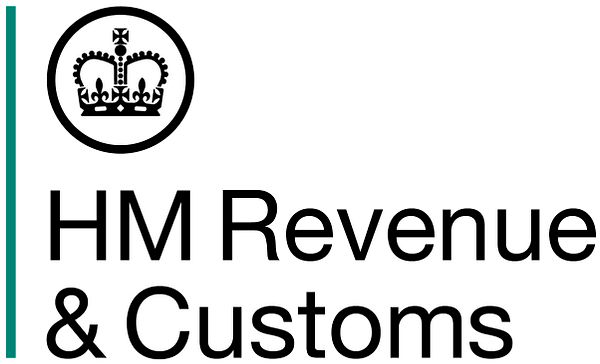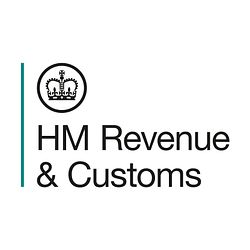
Press release -
Unused PAYE schemes to close
Unused Pay As You Earn (PAYE) schemes will be shut down, HM Revenue and Customs (HMRC) announced today.
Employers who have not used their schemes will now receive letters explaining that their PAYE schemes have been closed.
Any PAYE schemes opened after 5 April this year will be shut down automatically where the employer has not sent any PAYE returns or paid HMRC within four months of the scheme being set up. Schemes registered as annual schemes will not be closed by this process.
HMRC’s Director General for Personal Tax, Ruth Owen, said
“Closing schemes that are no longer needed is really important for businesses and for HMRC as it means that HMRC won’t waste employers’ or taxpayers’ time and money by needlessly pursuing returns or debts when in fact none are due.
“Since April, employers or agents (acting on behalf of their clients) who have set up PAYE schemes that are no longer needed can easily close the scheme by reporting this on their final submission. This new process helps further as it means we can identify and remove unnecessary schemes earlier.”
More than 1.69 million employer PAYE schemes, covering over 46 million individual records, are already reporting in real time since the launch of new reporting requirements in April.
Notes for editors
1. Real Time Information (RTI) represents the biggest change to the PAYE system in over 70 years. It is designed to reflect the labour market fluidity of the 21st century and deliver improved accuracy to employers and employees. RTI means employers and pension providers report deductions and payments they make to HMRC at the time they are made, rather than after the end of the tax year. This enables the tax system to better ensure the right tax is being taken at source.
2. The vast majority of employers are now reporting PAYE information in real time. HMRC believes a large number of PAYE schemes can be closed, for example because they no longer have any employees linked to them. However, it is important to note that there are some employers who are required to operate a PAYE scheme for expenses and benefits or are required to submit Construction Industry Scheme (CIS) returns. In this case, employers should either submit a nil Employer Payment Summary (EPS) each month or contact HMRC to change the scheme to annual, and then send HMRC a nil EPS once a year.
3. HMRC’s guidance “How to register as an employer” sets out when an employer should register. It also explains that if an employer registers and doesn't file anything with HMRC for four months then the PAYE scheme will be closed.
4. From October 2013, PAYE schemes will automatically be closed where
· No real time PAYE submissions have been made
· No payments have been made to HMRC
· The employer is not an annual payer
· There is no evidence that the employer wants to claim Construction Industry Scheme deductions
· The employer has not received an advance from HMRC
· There have been no periods of Construction Industry liability
· There is no evidence that the employer has any employees
· There is no evidence that Class 1A NIC is due.
5. PAYE information reported in real time is already being used by the Department for Work and Pensions (DWP) to calculate Universal Credit amounts paid to people in the pathfinder pilot areas, ensuring the amount of benefit accurately reflects their level of income.
6. Follow HMRC on Twitter @HMRCgovuk
Related links
Topics
Categories
Issued by HM Revenue & Customs Press Office
HM Revenue & Customs (HMRC) is the UK’s tax authority.
HMRC is responsible for making sure that the money is available to fund the UK’s public services and for helping families and individuals with targeted financial support.

